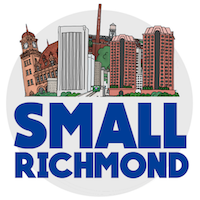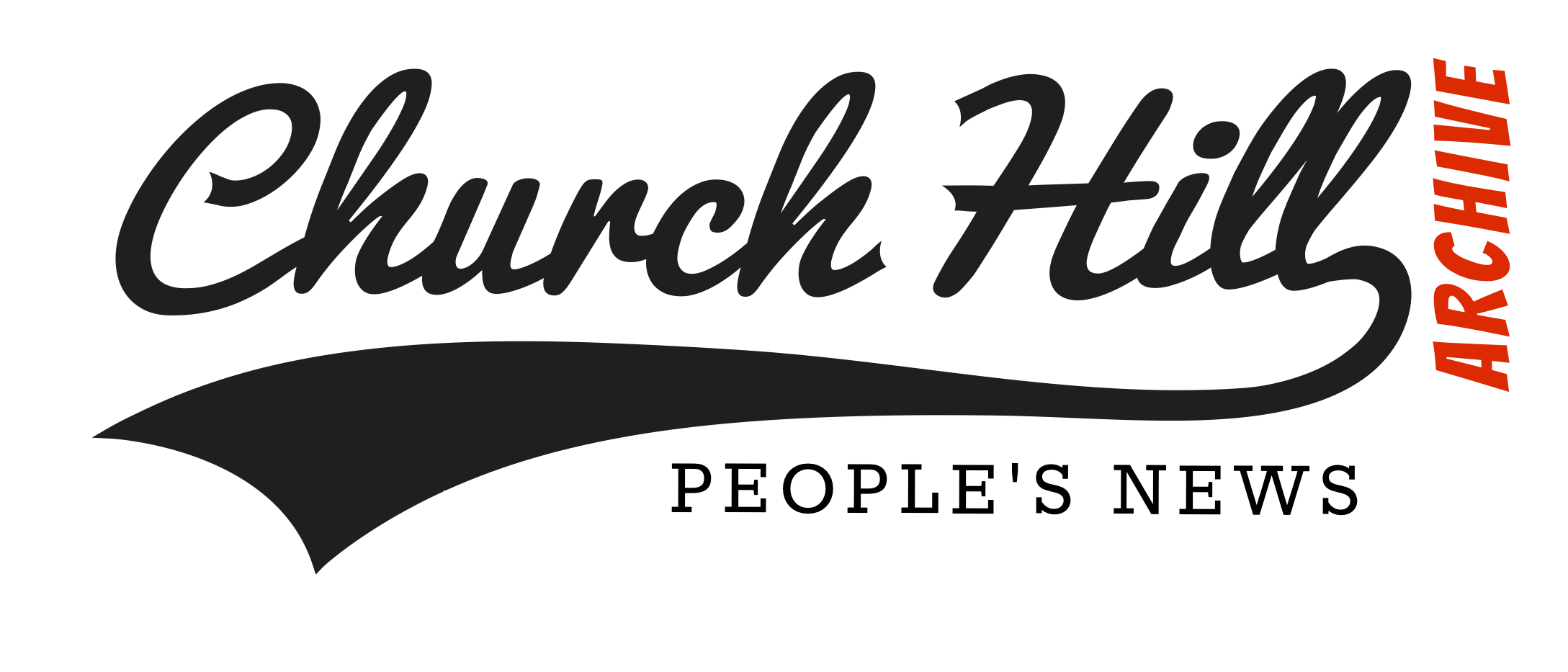RECENT COMMENTS
CHAT gets funding for East End Edible Rain Garden Project
by Kristen H. Evans
Church Hill Activities and Tutoring (CHAT) recently learned that their proposal for an “East End Edible Rain Garden Project” was awarded funding from the National Fish and Wildlife Foundation’s Chesapeake Bay Stewardship Program. CHAT will use this funding to expand their youth internship and job training programs to include building vegetable and fruit gardens that capture rainfall for irrigation, annually preventing thousands of gallons of water from entering the East End’s combined sewer system. This effort will create summer jobs for young people in our community, expand production of fresh fruit and vegetables in the East End, and improve water quality in the James River and the Chesapeake Bay.
CHAT’s project will not only benefit the East End, but communities across the region as well. CHAT has engaged a coalition of stormwater and horticulture experts to support this effort including the Alliance for the Chesapeake Bay, the Center for Watershed Protection, Sustainable Chesapeake, Virginia Cooperative Extension, Master Gardeners, and the City of Richmond. These experts will help to develop a “how-to” guide for building rainfall-irrigated fruit and vegetable gardens in urban areas and to share results from this effort with other urban neighborhoods in the region.
So the gardens that the CHAT kids will build will be designed by some of the area’s leading experts as showcase examples of how to do this work, and the “how to” guide developed with funding from this project will be available to anyone who wants to do the same thing in their own yard or community.
Ultimately, CHAT’s project is demonstrating how addressing really difficult and expensive urban stormwater problems can be done in a way that provides immediate benefits to communities and reduces overall costs. Like many older cities, the East End of Richmond is served by an antiquated combined sewer system that carries both wastewater from our homes and stormwater (rainfall that runs off our roofs and lawns and into the storm drains) in one single conveyance system. Generally this mixture of wastewater and stormwater is treated at the City’s wastewater treatment plant before it is discharged into the James River. But during really heavy rainfall events, storage capacity at the wastewater treatment plant is overwhelmed, and the stormwater and sewage mixture is discharged untreated, directly into the James River.
Previously, the city has estimated that fixing the East End’s combined sewer system will cost in the range of $300 million. Reducing the volume of stormwater the city has to handle could potentially reduce these costs significantly. Not to mention the potential economic and quality of life benefits to the East End of increasing summer internship and job training programs for youth, and building gardens and planting fruit and nut trees in the neighborhood.
So look for more news in the next few years as CHAT gets to work implementing this project!






8 RESPONSES